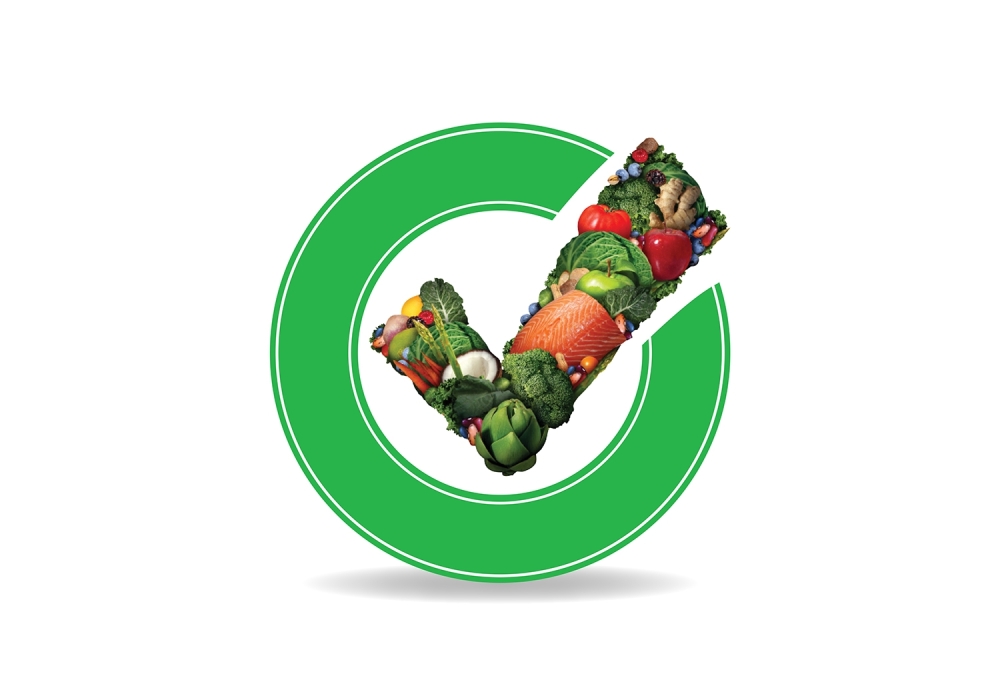

In an era where the risks of food contamination and foodborne illnesses are on the rise, food safety has become a non-negotiable daily responsibility - starting right in our kitchens. Experts at the Food Safety and Quality Center (FSQC) stress that maintaining healthy practices during food preparation is not a luxury, but a necessity to protect family health and prevent unseen dangers that may lurk behind a seemingly delicious meal.
It all begins with personal hygiene. Washing hands thoroughly with soap and water for at least 20 seconds before and after handling food, especially raw meat and eggs, is the first line of defence.
Keeping kitchen surfaces clean using disinfectant wipes or sanitised cloths, and using separate cutting boards for raw meat, vegetables, and ready-to-eat food is essential to avoid cross-contamination. Even knives should be used carefully - either assigned to specific food types or washed thoroughly between uses.
During cooking, it's vital to ensure that food, particularly red meat, poultry, and eggs, is cooked thoroughly. Undercooked items are one of the main causes of food poisoning. Experts also warn against using damaged or scratched cookware, which can release harmful substances when exposed to high temperatures.
Food safety doesn’t end with cooking. Leaving food at room temperature for more than two hours increases the risk of bacterial growth. Allow cooked food to cool slightly before refrigeration, with raw items placed on lower shelves and ready-to-eat foods on the upper ones. Airtight containers are crucial for storage, and maintaining hygiene by washing kitchen towels regularly and frequently replacing sponges helps prevent bacterial buildup.
Experts strongly advise not to ignore suspicion. If the safety of food is doubtful, it should be discarded immediately. Reheating food more than once should be avoided, and leftovers should be consumed within a short time. These small but important steps can help prevent serious health risks.
Should symptoms of food poisoning appear - such as nausea, vomiting, diarrhoea or fever - quick action is key.
Dr Mona al Kaabi recommends immediate rehydration using water or oral rehydration solutions while avoiding caffeinated drinks. Adequate rest is also crucial. When nausea persists, begin with fluids and then slowly reintroduce bland, easily digestible foods like bananas or rice. Persistent or worsening symptoms should not be ignored, and medical attention must be sought.
With increasing global awareness around health, food safety must be treated as a priority, not an afterthought. Taking responsibility at home can make all the difference.
Oman Observer is now on the WhatsApp channel. Click here



